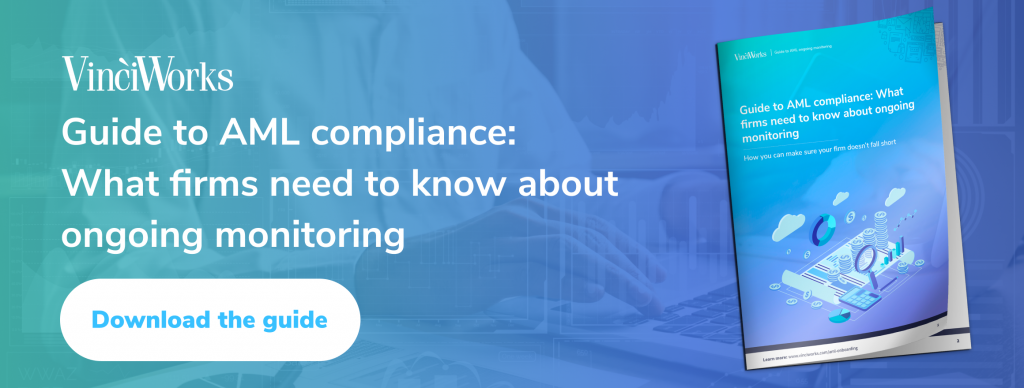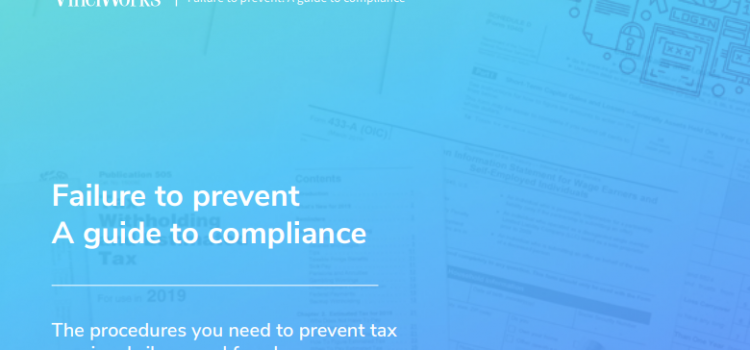A report says she is. And that London and Virgin Islands firms didn’t do enough to stop her
Gulnara Karimova has already achieved a measure of fame – or notoriety. She is the daughter of Islam Karimov, who was president of Uzbekistan from 1989 until 2016, when he died. There was a period when it was thought that she would succeed him. She also appeared in pop videos under the stage name, “Googoosha,” she ran a jewellery company and she served as ambassador to Spain.
And now, an NGO, Freedom For Eurasia, released a report detailing how Karimova built a £200m empire on properties from London to Hong Kong with funds obtained through bribery and corruption.
Continue reading








